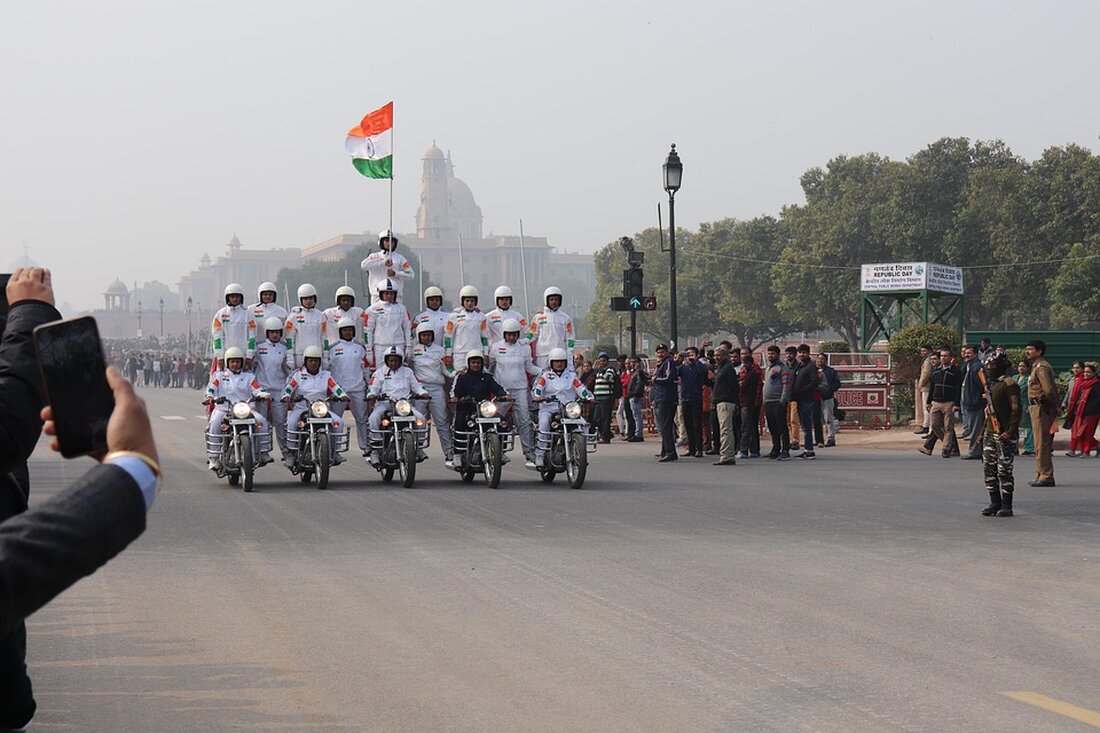Mexico's government strengthens influence in Supreme Court after declining elections
After Mexico's first judicial election, the ruling Morena party gained control of the Supreme Court, while the election was marred by low turnout and abuse of power.

Mexico's government strengthens influence in Supreme Court after declining elections
The ruling Moren party in Mexico has after the first Judicial elections of the country took control of the Supreme Court. These elections were marred by low voter turnout and allegations of abuse of power.
Election results and their effects
Preliminary results from Sunday's election show that Morena-affiliated candidates won the most seats in the judiciary. With this victory, the party will now have firm control over every branch of government, which democracy advocates see as weakening the separation of powers in the country.
Risks to democracy
Critics also warn that the election itself poses a threat to democracy. They argue that electing judges by the people could jeopardize the courts' independent discretion, harming their ability to uphold the law and check other branches of government at a time of widespread crime and corruption.
Low voter turnout
Of around 100 million citizens eligible to vote, only around 13% took part in the election. Experts attribute the low turnout to confusion among voters who were overwhelmed by the multitude of offices and candidates.
Criticism of the electoral process
Víctor Manuel Alarcón Olguín, research professor at UAM-Iztapalapa specializing in political parties and elections, criticized the design of the electoral process. He explained that the legislature "did not provide the election authority with a sufficiently well-defined method, and the election authority had to resolve many of these technical problems on an ad hoc basis to at least attempt to make the system work."
The candidates
The nine likely elected Supreme Court members include three sitting justices nominated by former President Andrés Manuel López Obrador, Morena's founder. Other candidates include a former legal adviser to López Obrador, the current human rights commissioner for the attorney general's office and an indigenous member who is likely to become the court's next president.
“Many of these individuals show, at best, no obvious affiliation or involvement with the ruling party, but they have very different interests or connections, or at least ideological or manifest affinities that place them in a very close circle with the government,” explained Alarcón Olguín.
Criticism of electoral practices
All nine candidates were pictured in leaflets that Morena members distributed to voters giving their recommendations on who they should vote for. Election rules prohibit political parties from promoting or supporting judicial candidates.
Official reactions
Mexican President Claudia Sheinbaum, Morena's leader, has sought to distance herself from the leaflets, condemning their use and calling for an investigation into the incident.
First day of voting at different levels
Election Day marked the first time a country has held elections at all levels of the judiciary. Almost 900 state offices were in the race, including all nine Supreme Court seats, as well as about 1,800 local positions in 19 states. Votes continue to be counted across the country and results will be announced gradually over the next week. A second election for hundreds more judicial positions will be held in 2027.
Evaluation of the choice
Sheinbaum called Sunday's election a success. "In Mexico, voting is voluntary. It is not compulsory. In some countries it is compulsory, but here - here it is free, direct, universal and secret. So 13 million people have decided to participate in an electoral system for the judiciary. That is very good," she said.
Reform approach to justice
López Obrador and his party approved the Choice of court in September, arguing that a referendum would help curb corruption and impunity in the courts. But critics fear Morena is using her popularity to elect like-minded judges to push through reforms previously blocked by more objective courts. There is also concern that the election could be influenced by political actors and criminal groups.
Resignations and realignment
Eight justices of the then 11-member Supreme Court gave theirs in October resignations announced not to take part in the election on Sunday. Most resignations will take effect on August 31, 2025, the day before the new court is scheduled to begin operations.

 Suche
Suche
 Mein Konto
Mein Konto
